ADVANCING THE RECOVERY OF COMPOSTABLE PACKAGING
Composting Consortium

The Composting Consortium is on a mission to build a world where organics are kept in a circular economy. Compostable packaging can offer a means to reduce food waste and mitigate climate impacts by diverting food scraps toward composting infrastructure.
First, we need to ensure compostable packaging is aligned to the realities of downstream composting systems and provide incentives to diversify composters’ feedstock. Composting infrastructure needs to be scaled to accept food waste and food-contact compostable packaging, and compostable packaging must be designed with recovery in mind. Collective effort is needed to bring this potential to life.
The Consortium brings together leading voices across the composting and compostable packaging ecosystem––from the world’s leading brands to best-in-class composters running the operations on the ground. Through in-market tests, deep research and industry-wide collaboration, we are laying the groundwork for a more robust, resilient composting system that can keep organics and compostable packaging in circulation.
Take Action to Scale U.S. Composting!
To thoughtfully scale organics management, key stakeholders must collaborate. The Composting Consortium launched two platforms to engage directly with municipalities and composters across the country to support the scale-up of robust composting infrastructure.
Composter Innovator Program
A free program that brings U.S. composters to the table as we work to educate policymakers, regulators and investors on composting and identify ways to scale composting infrastructure.
Municipal Partner Platform
A free-to-access platform that connects city officials with leaders nationwide to share and discuss best practices in starting and expanding organics programs & composting infrastructure.
Learn about the Consortium’s work and impact from our partners!
Consumer Insights
Learn how U.S. consumers understand and engage with compostable packaging, and how design and labeling can support the proper disposal of food-contact compostable packaging.
Unpack U.S. Consumer Perception of Compostable Packaging
Show moreThis report unpacks effective design and labeling techniques to improve the proper diversion of food-contact compostable packaging to the appropriate material stream.
The Compost Policy Toolkit
Read our recommendations on how policy can support responsible collection of compostable packaging and the scale up of organics recovery in the U.S.
Advance Consistent, Effective Design & Labeling Standards
Show moreThis policy brief explains the importance of clear and consistent labeling designs standards for compostable packaging to reduce packaging waste.
Optimize EPR Through Comprehensive Needs Assessments
Show moreThis policy brief explains the importance of conducting needs assessments for EPR that account for composting infrastructure and compostable packaging.
Expand Compost Markets and Build Healthier Soils
Show moreThis policy brief explains the role that policy can play to support robust compost end markets, enrich soil quality and promote sustainable practices.
Download the Full Policy Toolkit
Show moreThe Compost Policy Toolkit offers valuable insights for navigating the complexities of compostable packaging policy and food waste diversion, including the three policy briefs listed above.
Compostable Packaging Breakdown
Find out how effectively food-contact compostable packaging is breaking down today, and the composting conditions that best support disintegration of compostable packaging.
Discover How Compostable Packaging Disintegrates at Composting Facilities
Show moreThis report shares from an 18-month study––the largest known field test of certified, food-contact compostable packaging conducted in North America––revealing the realities of compostable plastic and fiber disintegration in diverse in-field composting conditions.
Can Large-Scale Anaerobic Digestion Effectively Process Compostable Packaging?
Show moreThis initial assessment identifies the barriers and opportunities that exist for processing compostable packaging through anaerobic digestion in the United States, pulling insights and examples from the UK and EU market.
Food-Waste Composting Infrastructure
Discover what it will take to improve recovery pathways for compostable packaging and organics, and remove contamination from our organics streams.
Start and Scale Organics Infrastructure in Your City
Show moreThis blueprint, co-authored with Eco-Cycle, based in Boulder, Colorado, is an essential guide for municipalities, counties, cities and more seeking to develop food scraps collection programs and to work with composters to meet zero waste and climate goals.
The blueprint, How Organics Diversion Can Help Achieve Zero Waste Goals, offers a clear and actionable framework, including:
- Policy and Organics Program Expansion for Diverting Food Waste
- Setting Up Organics Programs and Infrastructure
- Communication with Organics Program Participants
Catalyze Investment into the Composting Industry
Show moreThis report by the Composting Consortium dives deep into the current state of food waste composting infrastructure in the U.S., explores investment opportunities and offers policy recommendations to accelerate the scaling of this critical infrastructure. Our focus centers on commercial-scale composting facilities with the capacity to accept the most complex organics streams, including post-consumer food scraps alongside food-contact compostable packaging.
Learn About Contamination at Composting Facilities
Show moreBased on an in-field study with 10 compost manufacturers across the U.S., the Consortium released new data revealing the amount, types and cost of contamination at composting facilities––providing an industry baseline for contamination rates and assign a value to the cost of contamination to support the composting industry.
Navigate Permitting for Composting Facilities
Show morePermitting for composting facilities is complex, but critical. The Composting Consortium breaks it down.
Explore 4 Steps to a More Resilient U.S. Composting System
Show moreThis white paper considers the key role of composting, one of the earliest forms of material cycling, in the transition to a circular economy––one where waste is eliminated, materials are circulated, and nature is regenerated.
Consortium Partners
The Composting Consortium is managed by Closed Loop Partners’ Center for the Circular Economy. The NextGen Consortium, Kraft Heinz Company, Eastman, Target Corporation, PepsiCo and Mars are supporting partners. Eco-Products, TIPA, Atlantic Packaging and Jadex are material innovation partners. The Biodegradable Products Institute (BPI) and US Composting Council (USCC) are industry partners. Our advisory partners include Foodservice Packaging Institute (FPI), ReFED, Compost Manufacturing Alliance (CMA), the Compostable Field Testing Program (CFTP), the Compost Research & Education Foundation (CREF), Sustainable Packaging Coalition (SPC), University College London, University of Wisconsin Stevens Point, Western Michigan University, World Wildlife Fund (WWF), Eco-Cycle, Natural Resources Defense Council and AIMPLAS.
Our compost manufacturer partners include A1 Organics, Atlas Organics, Black Earth Compost, Compost Crew, CompostNow, Compost Queen, Dirt Hugger, The Foodbank (Dayton), Glacial Ridge Compost Facility, Happy Trash Can Curbside Composting, Napa Recycling & Waste Services, Veteran Compost and Windham Solid Waste Management.

Latest News
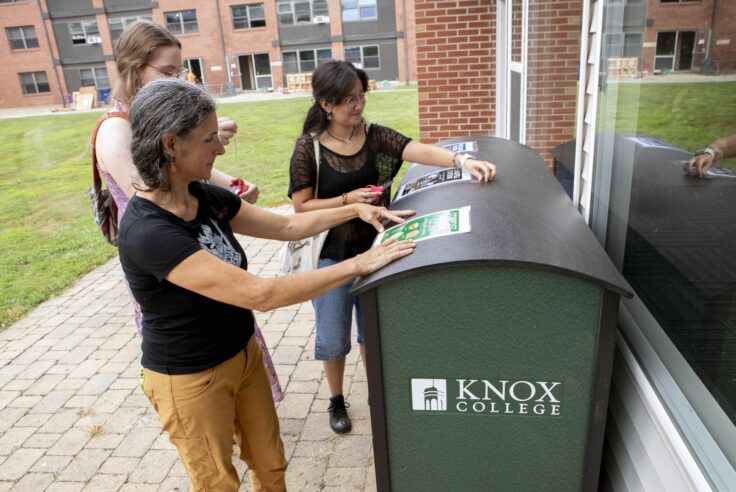
Blog Post
Keeping Compost Clean: Tools to Help Reduce Contamination…
The Composting Consortium interviews EcoProducts to…
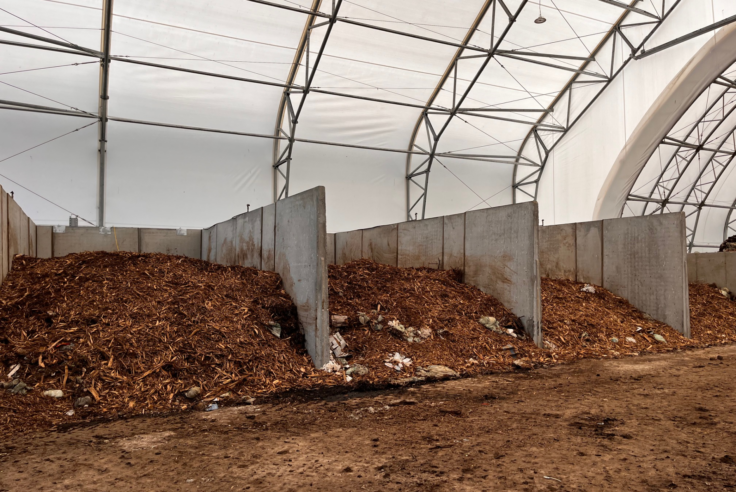
Blog Post
Why More Composters Are Recovering Food Scraps and…
Black Earth Compost and Glacial Ridge Composting Facility…
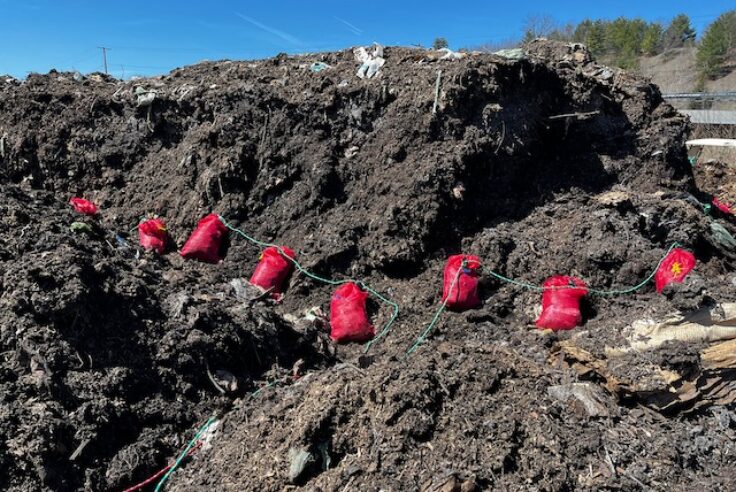
Blog Post
Does Compostable Packaging Actually Turn into Compost?…
In a joint interview, field testing experts, including…
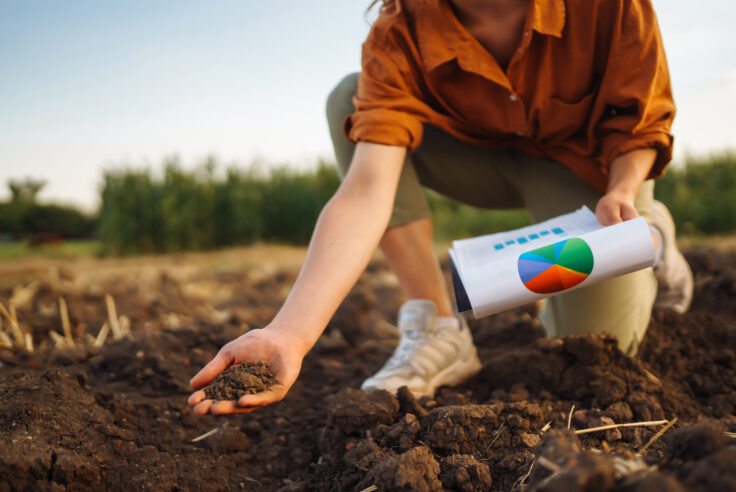
Press Release
Composting Consortium Releases New Data to Compostable…
The new platform by the Compostable Field Testing Program…
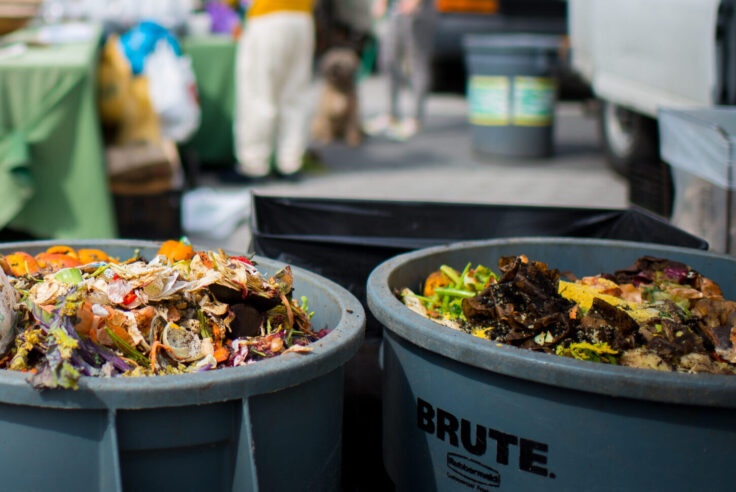
Press Release
How Can U.S. Composting Scale? Composting Consortium…
Municipalities and composters play a critical role…
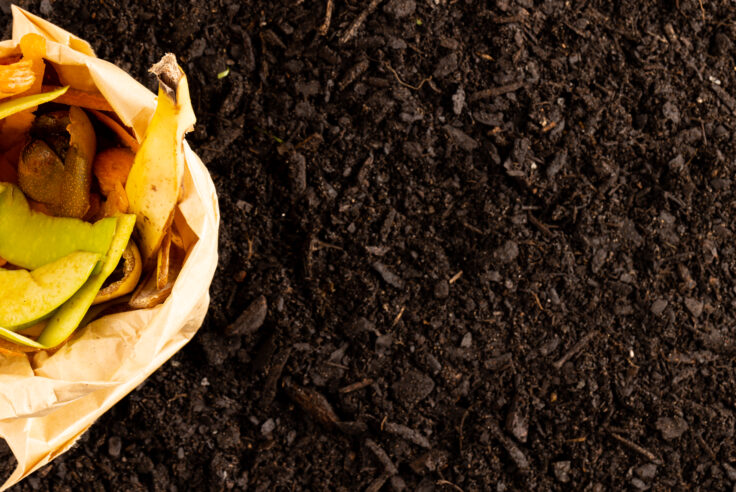
Press Release
Can Compostable Packaging Recovery Help States Reduce…
The Composting Consortium provides key insights on…
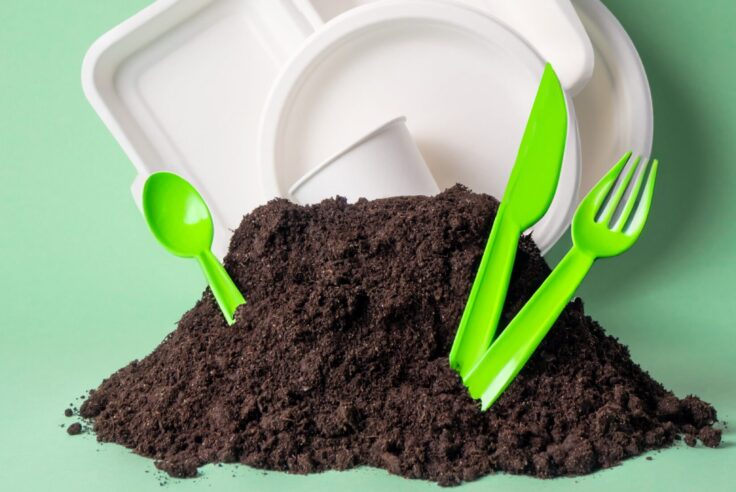
Press Release
Does Compostable Packaging Actually Break Down? Composting…
Data in new report reveals that certified food-contact…
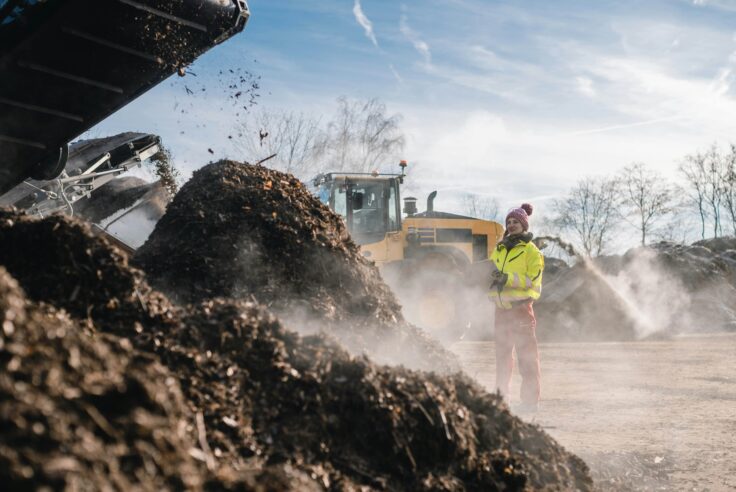
Press Release
First-of-Its-Kind Study by the Composting Consortium…
Commonly held assumptions about contamination were…

Blog Post
Many Americans Don’t Understand What to Do with Compostable…
As countries and corporations get one year closer to…
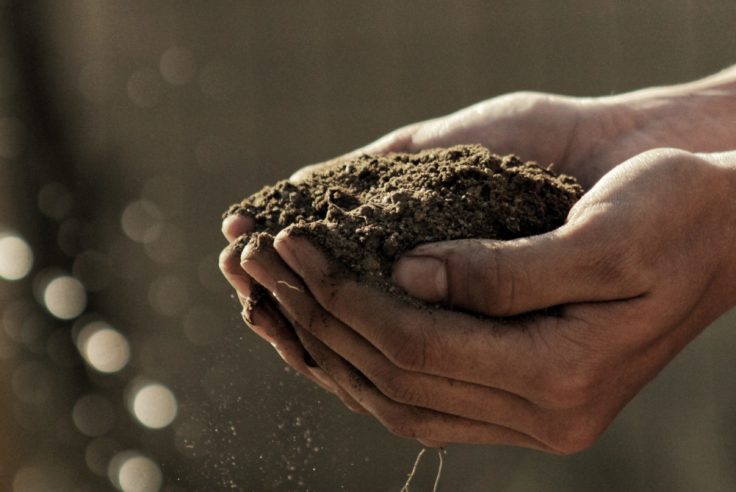
Press Release
Closed Loop Partners Joins Forces with U.S. Composters…
Data from the pilot will be shared to help shape international…
